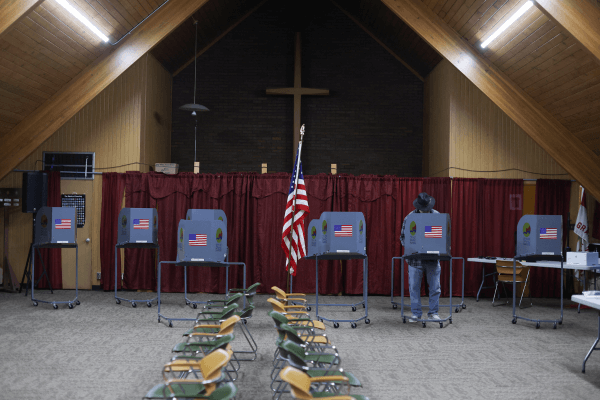Feb 29, 2024
I have a testimony: At the end of last year, I felt an unshakable sense of dread about the 2024 elections and all that it could entail. This dread was accompanied by an acute feeling of burnout, fueled by my exhaustion with how broken and polarized our politics have seemingly become and how another election year would test both our faith and democracy. This burnout showed up in restless sleep, nagging fatigue, and a frustrating sense of déjà vu, all of which impacted my mental, physical, and spiritual health.
Read the Full Article

Already a subscriber? Login
